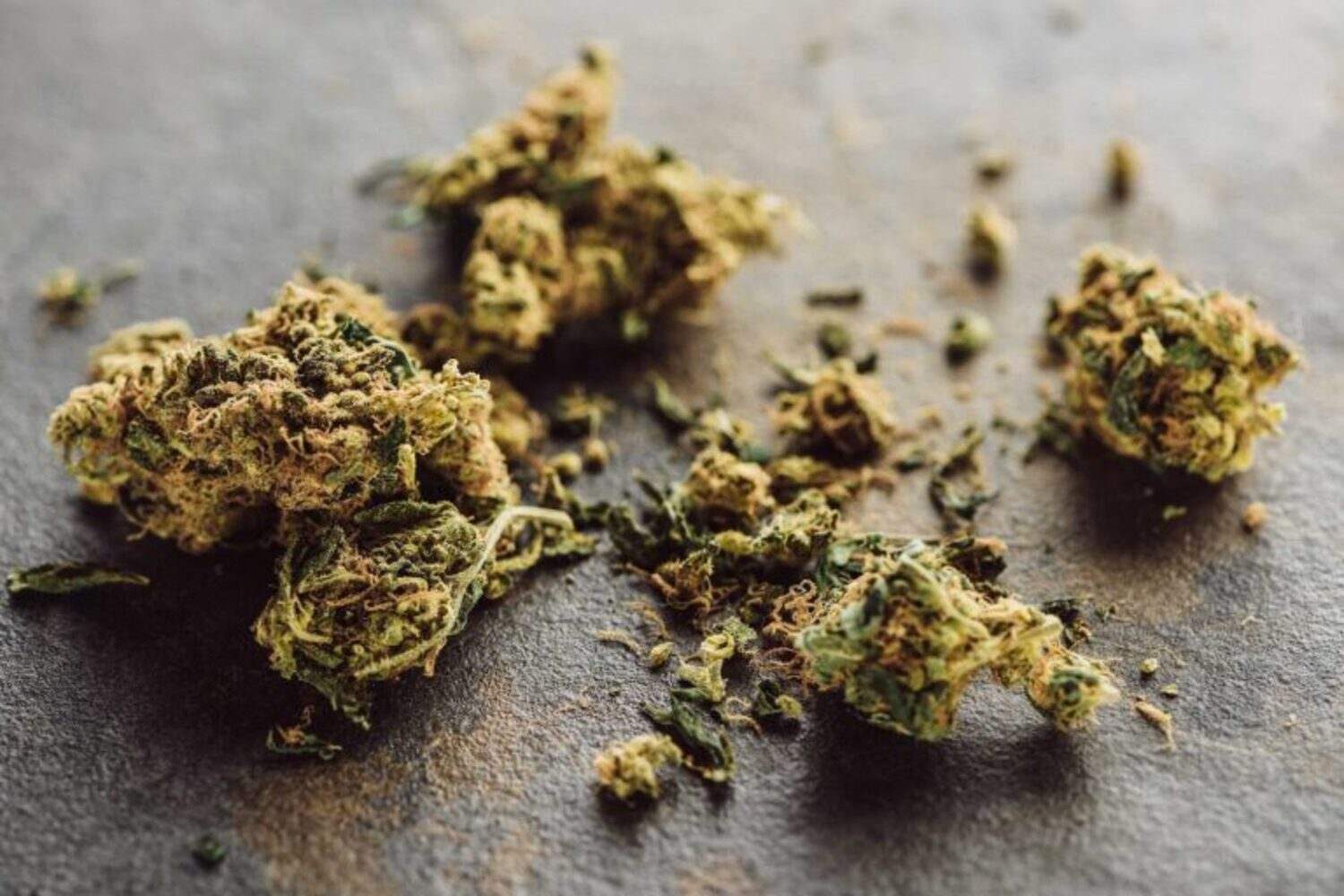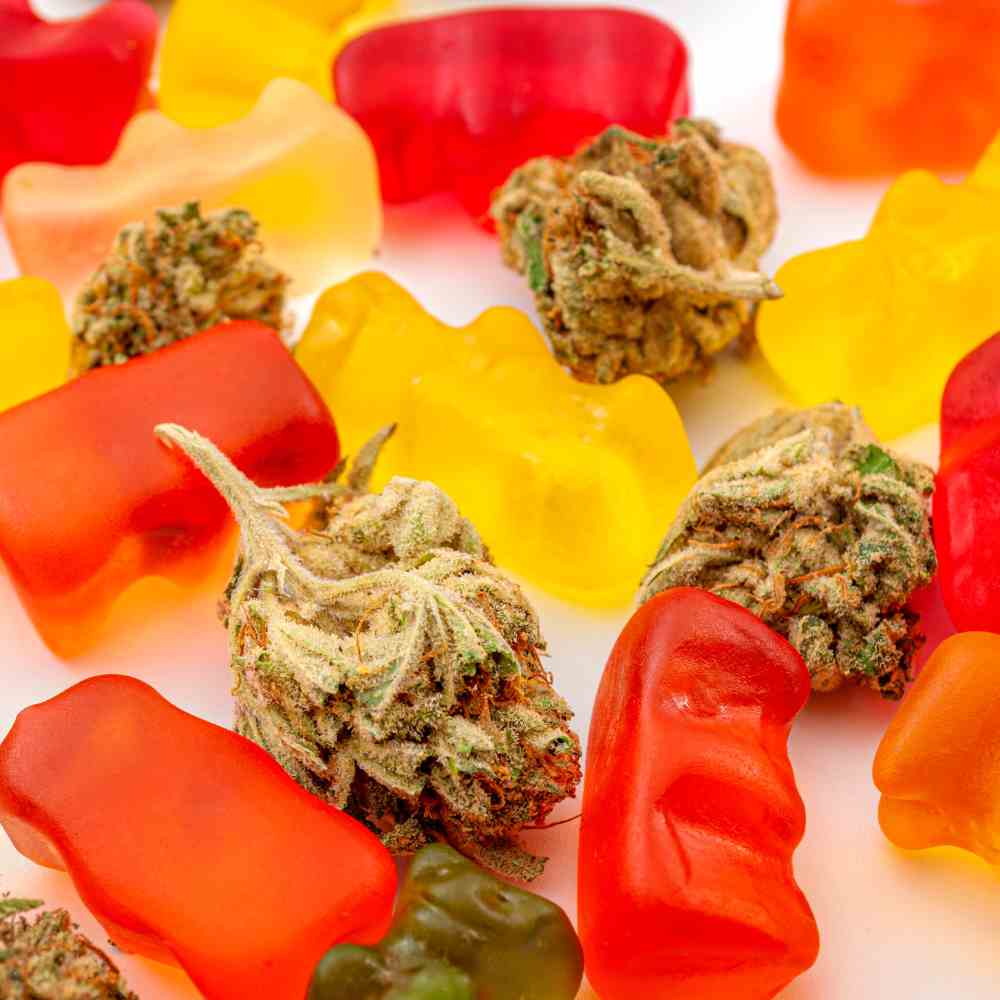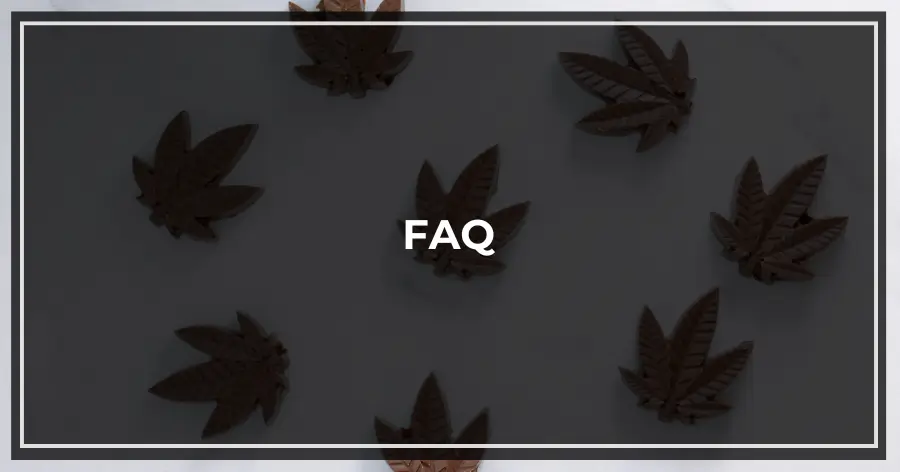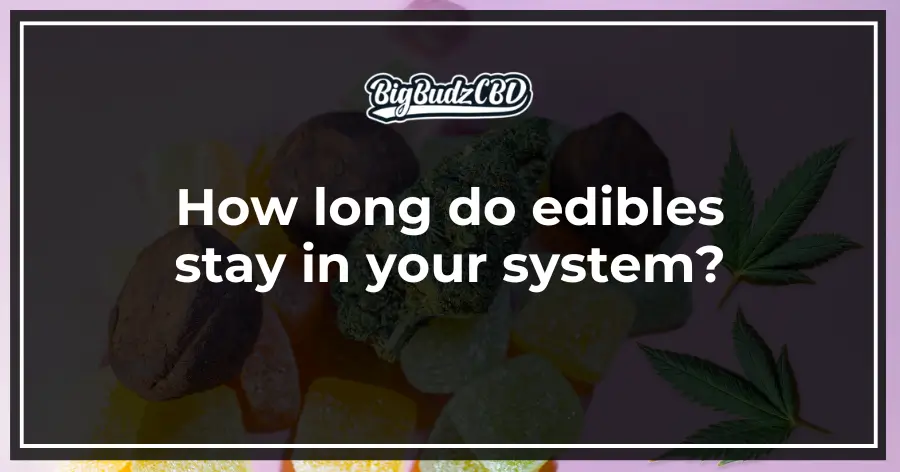Do Edibles Leave Your System Faster Than Smoking
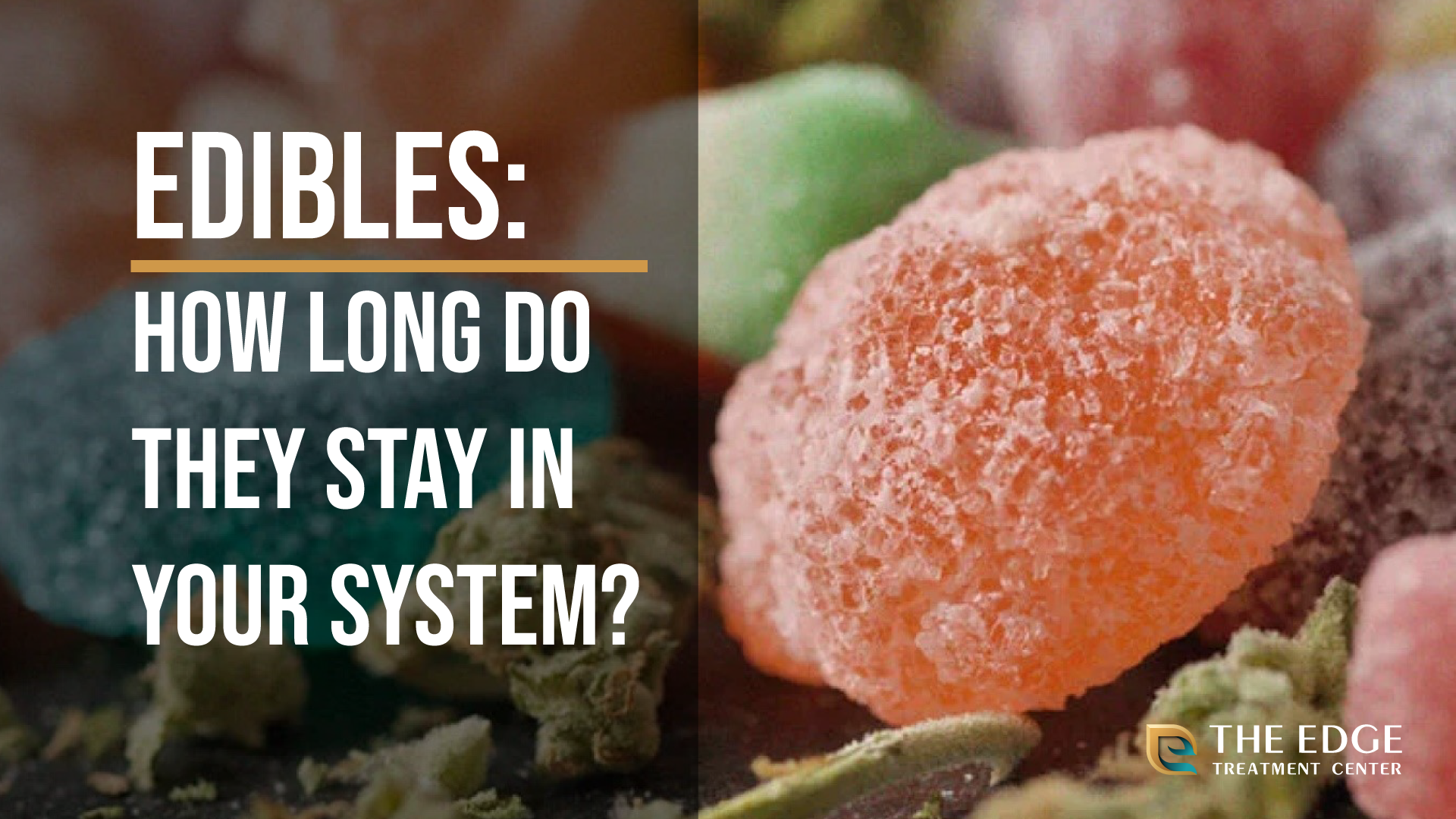
Imagine this: a cozy Friday night, laughter bubbling, friends gathered around, maybe a shared pizza and a movie queued up. The air is thick with anticipation, but instead of the familiar scent of burning herbs, there's a subtle hint of chocolate chip cookies. Edibles are on the menu, promising a relaxed and mellow evening. But as the night winds down, a lingering question arises: How long will this stay in my system?
The burning question on many minds after indulging in cannabis, whether through smoking or edibles, is about detection times. While both methods deliver the same active compound, THC, the way our bodies process them differs significantly, leading to variations in how long they linger. This article delves into the nuances of these differences, separating fact from fiction to provide a clear understanding of how edibles and smoking affect detection windows.
The Metabolic Maze: How Our Bodies Process Cannabis
When you inhale cannabis smoke, THC enters your bloodstream rapidly via the lungs. This leads to a quick onset of effects, usually within minutes.
Edibles, on the other hand, take a more circuitous route. They are absorbed through the digestive system, then processed by the liver before entering the bloodstream. This journey significantly alters how THC is metabolized.
First-Pass Metabolism: The Liver's Role
The liver transforms THC into 11-hydroxy-THC, a metabolite that is actually more potent and longer-lasting than THC itself. This explains why edibles often produce a stronger and more prolonged high compared to smoking. This difference in metabolism is key to understanding detection times.
Shedding Light on Detection Times
Detection times for cannabis depend on a variety of factors, including frequency of use, metabolism, body fat percentage, and the sensitivity of the testing method. It's important to remember that there is no one-size-fits-all answer.
Urine tests are the most common method for detecting cannabis use. For occasional users, THC metabolites might be detectable for up to 3 days. However, for frequent users, detection times can extend to 30 days or even longer, according to studies published by the National Institute on Drug Abuse (NIDA).
Blood tests have a shorter detection window, typically ranging from a few hours to a couple of days. Hair follicle tests offer the longest detection window, potentially detecting cannabis use for up to 90 days. Saliva tests usually detect usage within 24-72 hours.
Edibles vs. Smoking: A Side-by-Side Look
Generally, edibles tend to stay in your system longer than smoked cannabis. This is due to the liver's conversion of THC into 11-hydroxy-THC, a more potent and longer-lasting metabolite. The higher potency can also mean more metabolite byproducts to be filtered.
A study published in the Journal of Analytical Toxicology indicated that individuals consuming edibles showed detectable levels of THC metabolites for a longer duration compared to those who smoked cannabis with similar THC content. The specific duration varies considerably among individuals.
"The type of test used and individual factors can heavily influence detection windows, making general estimations difficult." - Dr. Alan Smith, Toxicologist
However, the amount of THC consumed also plays a crucial role. A potent edible with a high THC content will likely linger longer than a small amount of smoked cannabis. Dosage really matters.
Factors Influencing Detection Times
Metabolism is a significant factor. Individuals with faster metabolisms tend to process and eliminate THC more quickly. Age, sex, and overall health all contribute to metabolic rate.
Body fat percentage also influences detection times. THC is fat-soluble, meaning it can be stored in fatty tissues. Individuals with higher body fat percentages may retain THC metabolites for longer periods.
Frequency of use is another key determinant. Frequent users accumulate THC metabolites in their system, leading to longer detection times.
Debunking Common Myths
One common myth is that drinking plenty of water can quickly flush THC out of your system. While hydration is always important, it won't significantly impact detection times. It might dilute urine temporarily, but that's about it.
Another misconception is that certain detox products can rapidly eliminate THC. Most of these products are not scientifically proven and may even be harmful. Exercise can assist the body's natural processes of removing metabolites, but only over longer periods of consistent activity.
Claims about specific foods or drinks accelerating the process are largely anecdotal and lack scientific backing. Focus on overall health and hydration, not miracle cures.
Staying Informed and Making Responsible Choices
Understanding how cannabis is processed by your body empowers you to make informed decisions. Awareness of detection times is especially important if you are subject to drug testing, whether for employment, legal, or other reasons.
Start low and go slow when consuming edibles. This allows you to gauge your tolerance and avoid overconsumption. Be mindful of the potency of the edibles you are consuming. Many states now require labeling to accurately specify THC content. It's important to look for these details.
Consult with a healthcare professional if you have concerns about cannabis use and its potential impact on your health. Doctors can provide personalized advice based on your individual circumstances.
Looking Ahead: The Future of Cannabis Research
Research into cannabis metabolism and detection is ongoing. Scientists are continuously refining our understanding of how different methods of consumption affect detection times. Further studies are needed to clarify the long-term effects of cannabis use. The National Institutes of Health (NIH) is actively funding research in this area.
As cannabis legalization expands, it's crucial to rely on evidence-based information and dispel common myths. This allows for informed policy decisions and responsible individual choices.
The conversation around cannabis continues to evolve, and staying informed is key to navigating this complex landscape. Understanding the science behind edibles and smoking empowers us to make conscious decisions and fosters a more informed and open dialogue.
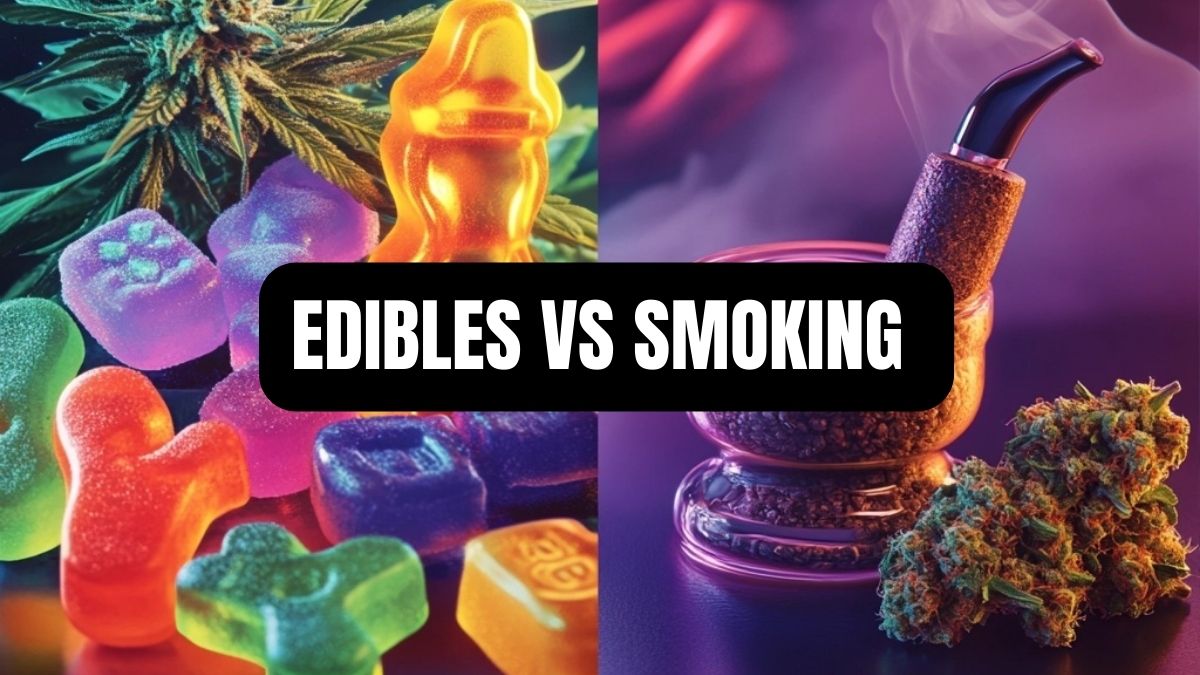

![Do Edibles Leave Your System Faster Than Smoking How Long Do Edibles Stay In Your System? [1571f6]](https://i.ytimg.com/vi/pt6_Inu8nDk/sddefault.jpg)
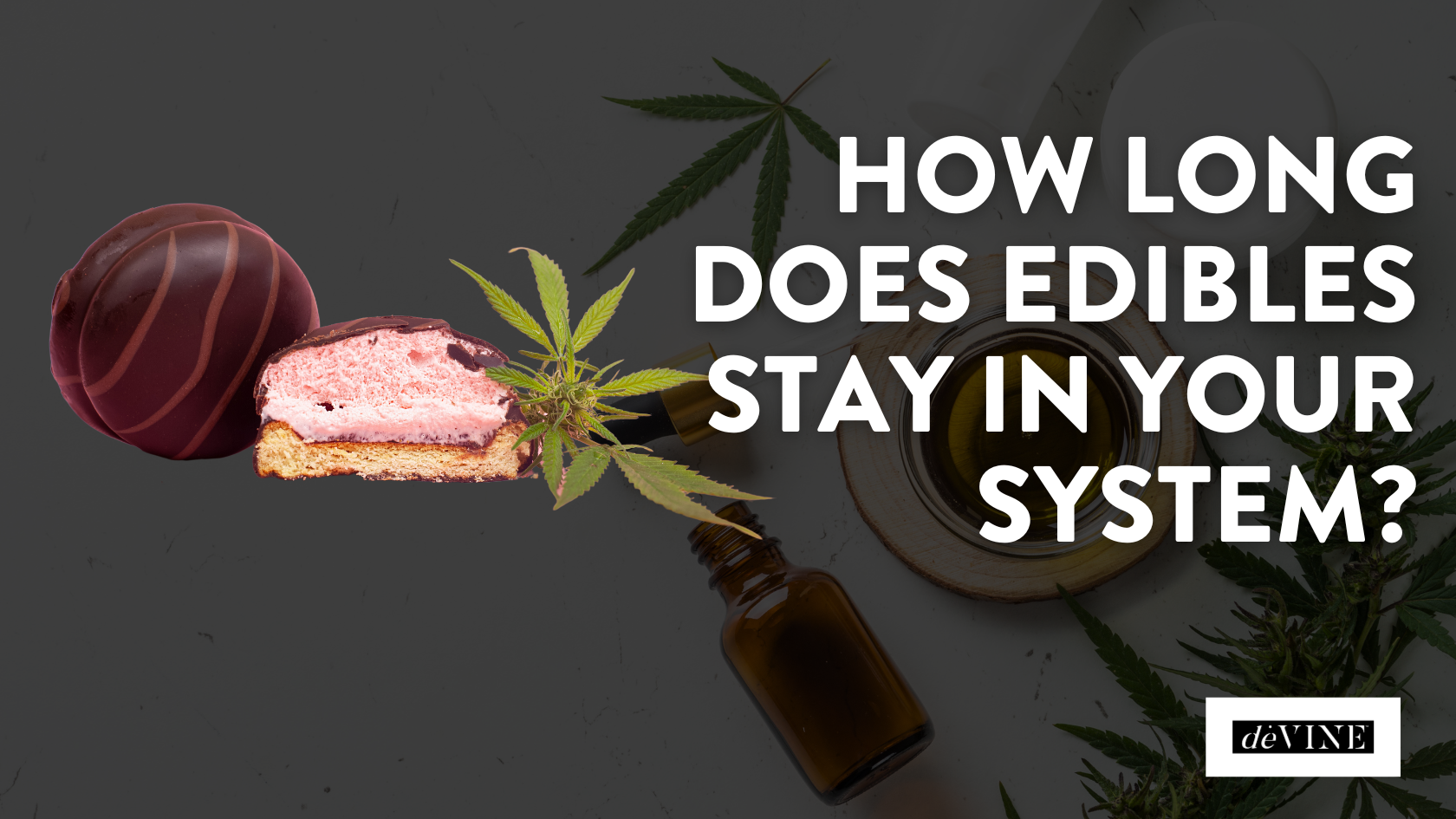

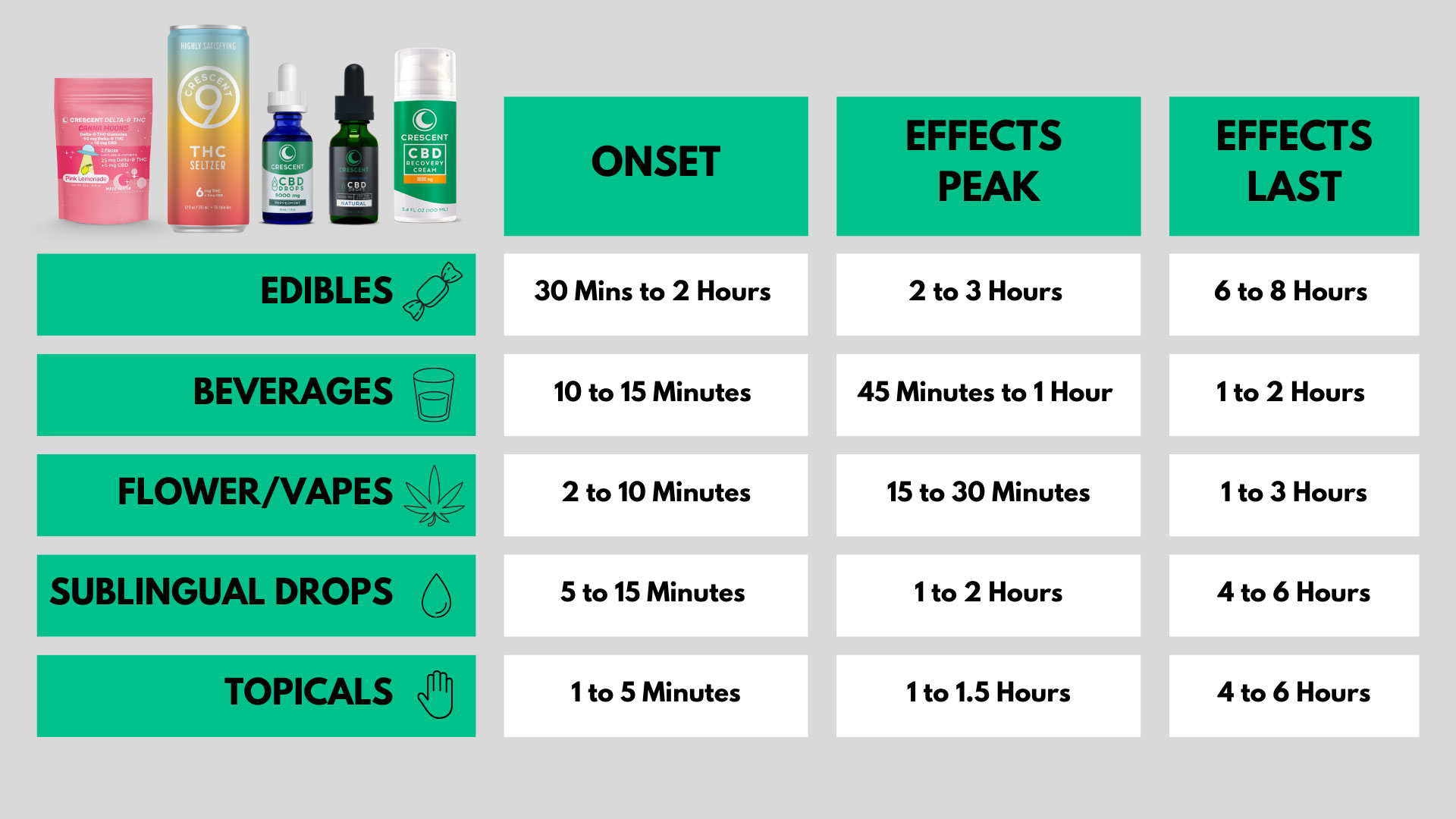
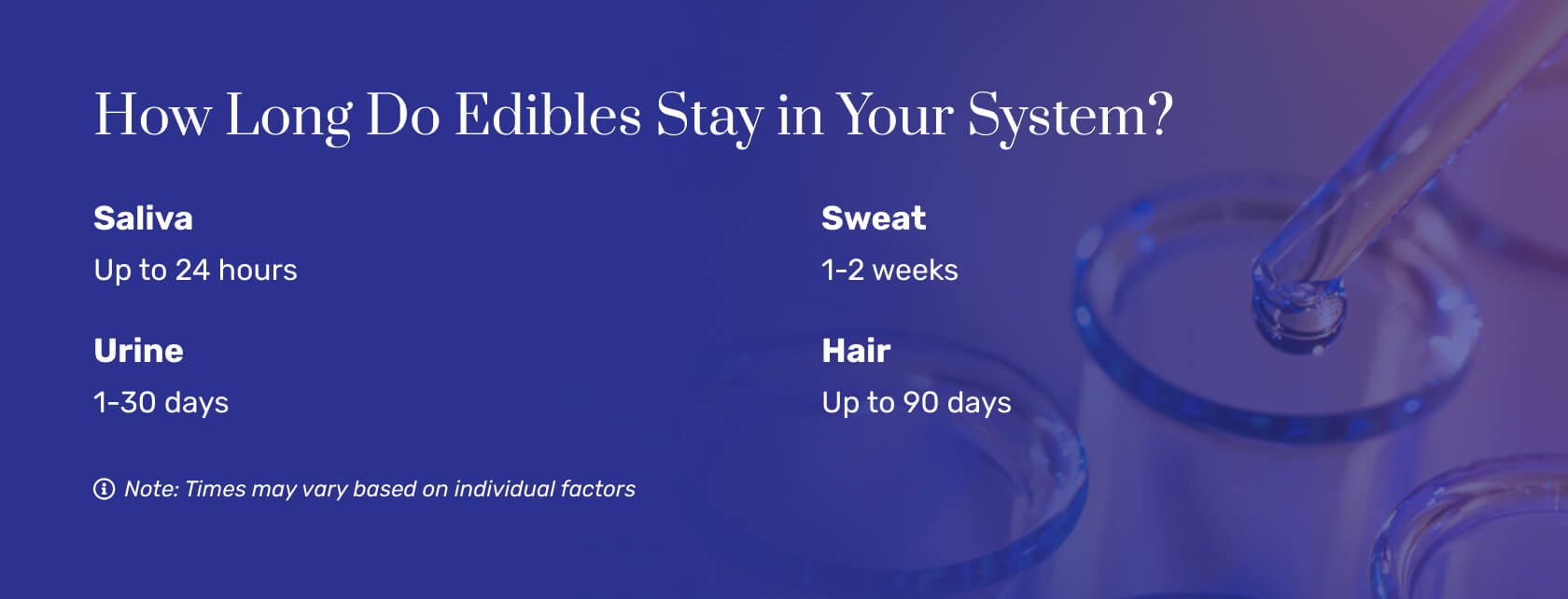

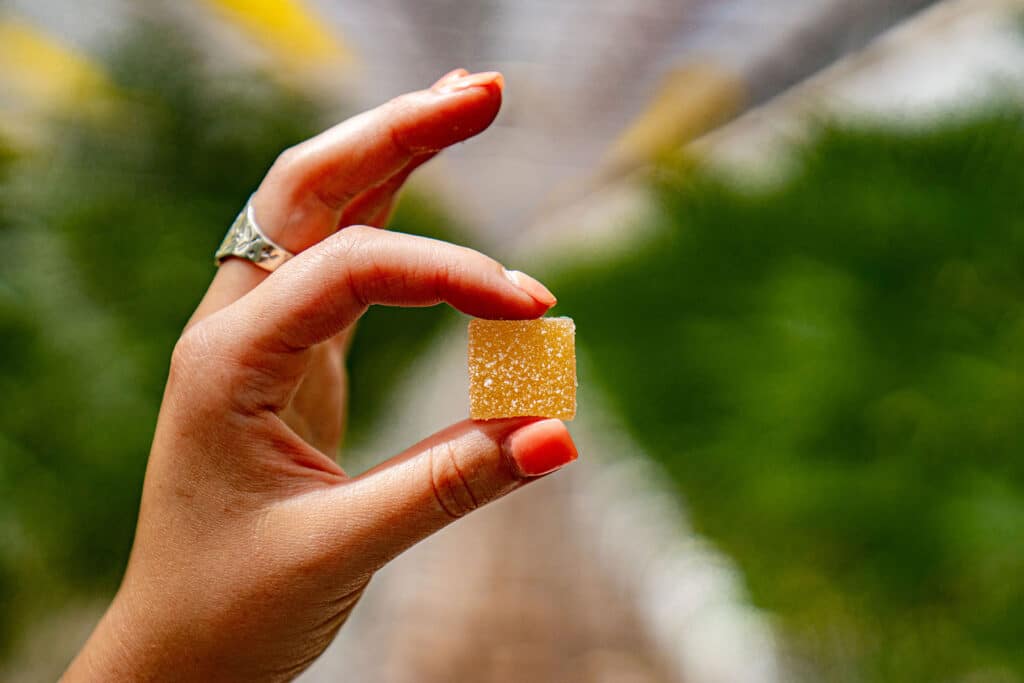
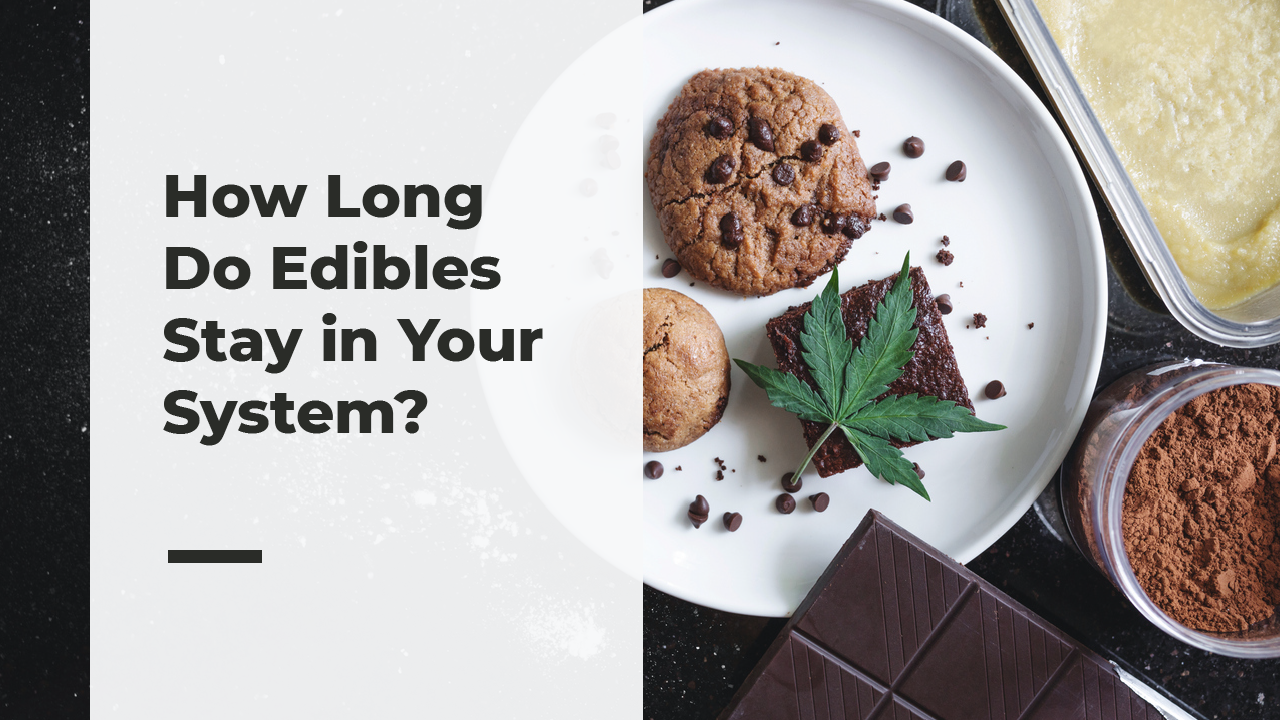
![Do Edibles Leave Your System Faster Than Smoking How Long Do Edibles Last? [Full Timeline]](https://static.wixstatic.com/media/8af0ce_7551be18fc8540f49aa7521b5f46934c~mv2.jpg/v1/fit/w_1000%2Ch_801%2Cal_c%2Cq_80/file.jpg)


